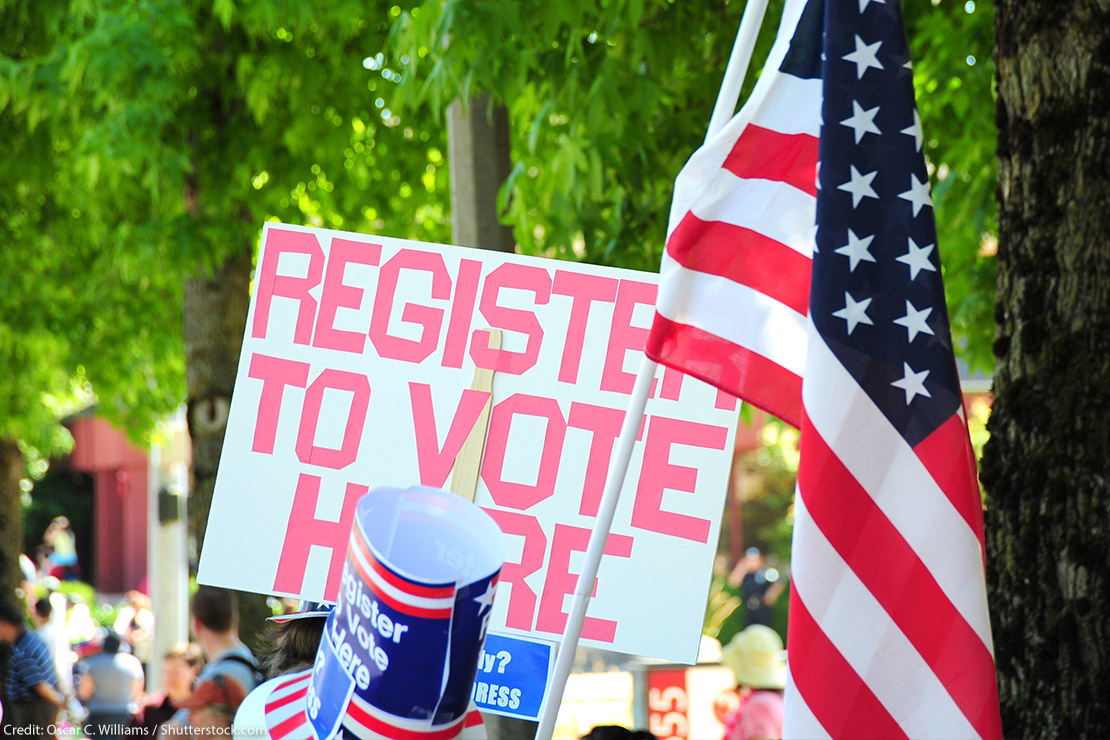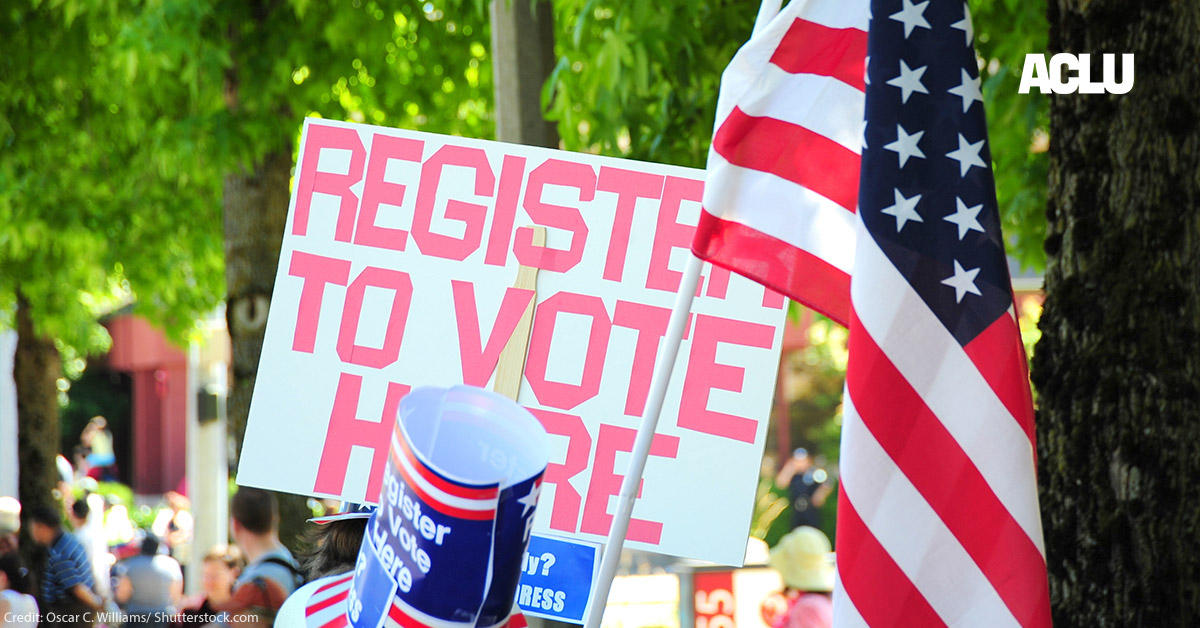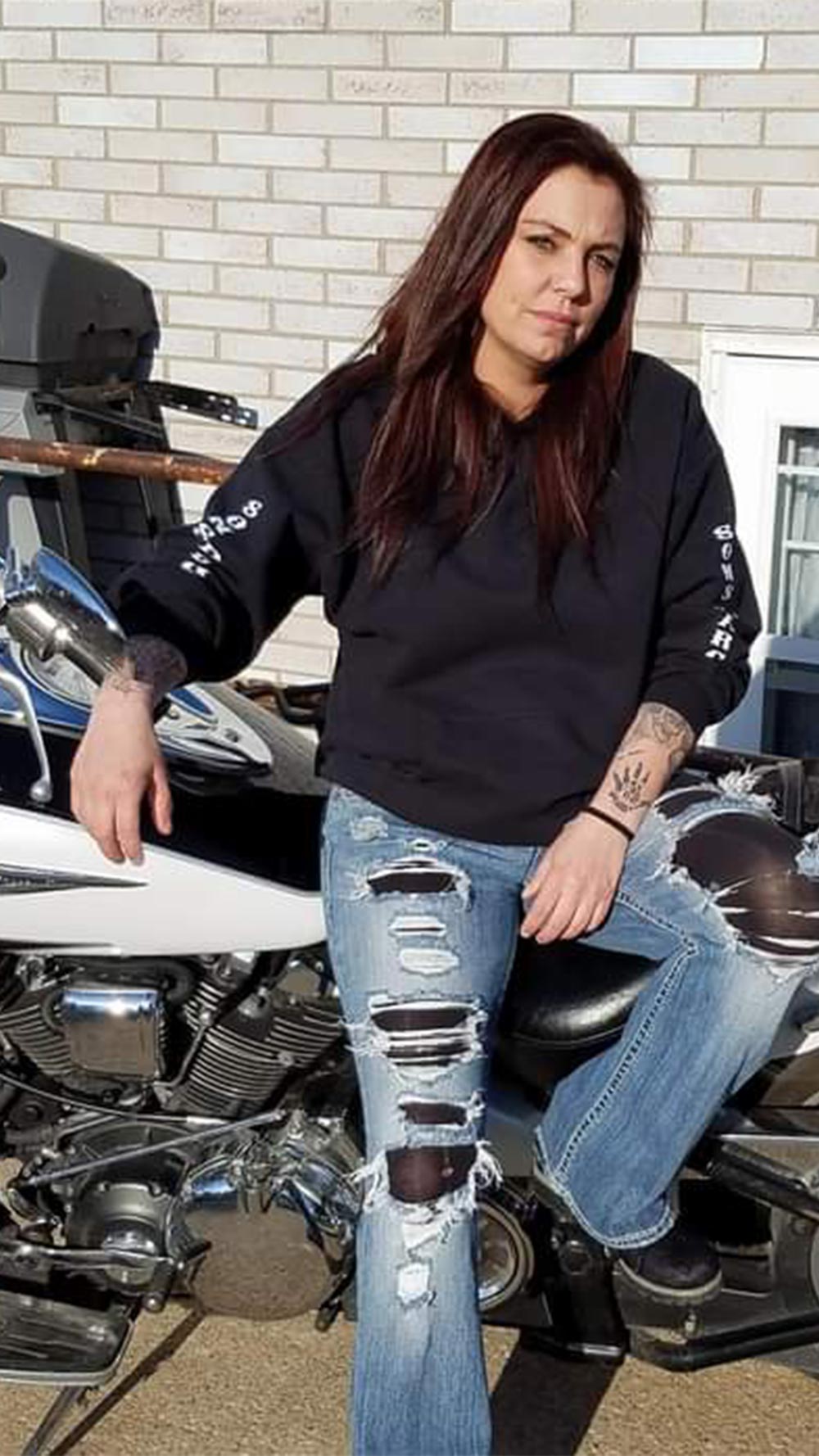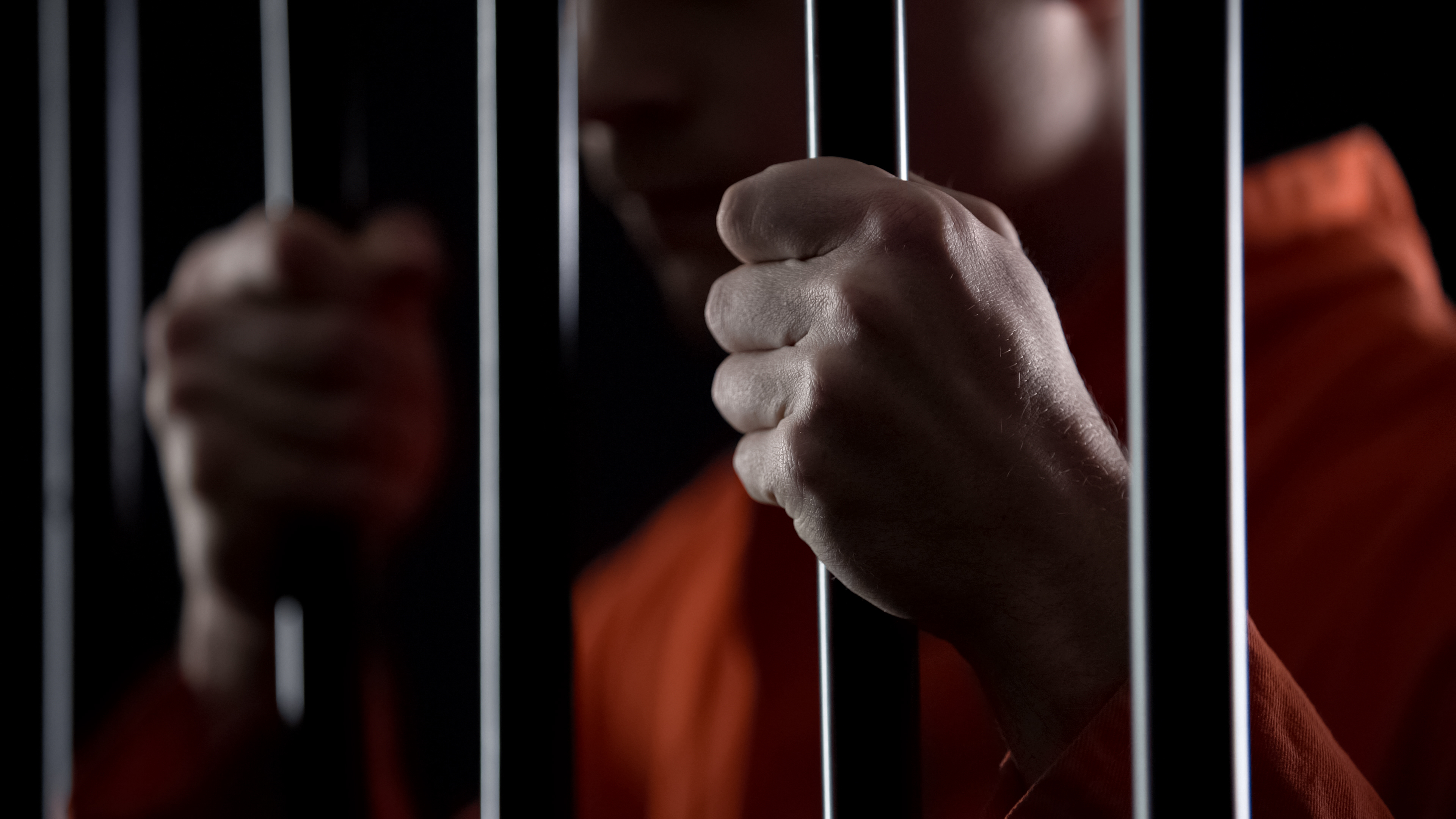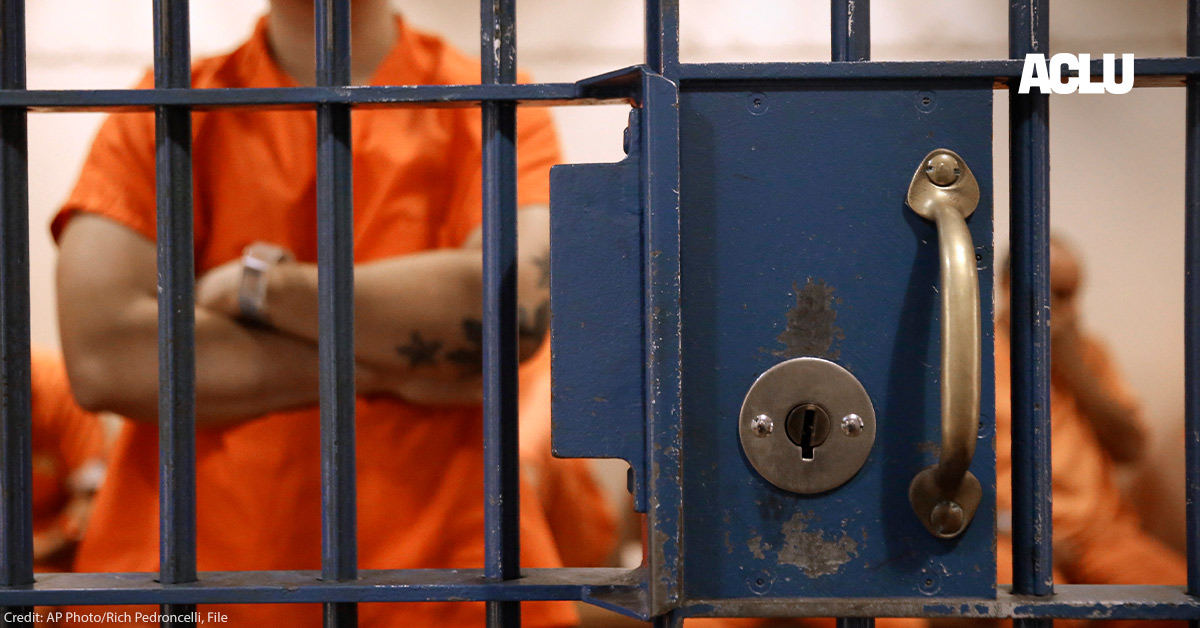Shannon Brannon, ACLU Managing Attorney, Voting Rights Project
Today is National Voter Registration Day, and it’s important to make sure you are registered at your current address and ready to vote. You can get information about registering to vote or updating your voter registration here. This election we all must vote for our values – fight for our rights.
When every eligible person can register and vote, the promise of democracy becomes more real for all of us.
We need our federal leaders to do everything within their authority to protect and promote the fundamental right to vote.
Last year, the Biden administration put forth an executive order to promote incorporating voter registration in federal agencies’ everyday interactions with eligible voters – a practice already well-established in state agencies such as state motor vehicle departments and public assistance offices for decades. Given the onslaught of attacks on voting rights across the country, this executive order to promote access to voting was an important step from the Biden administration to protect our democracy.
The administration has made progress, and it’s great news to hear the Department of Interior has begun working with the states of Kansas and New Mexico to secure designation of Haskell Indian Nations University and Southwestern Indian Polytechnic Institute as voter registration agencies, and we celebrate the Department of Veterans Affairs for working with a handful of states to secure designations of its facilities serving veterans as voter registration agencies. These steps are significant and will help bring our Native American communities and our veterans into full civic participation.
But this isn’t enough, and the federal government can do more. This executive order could ensure thousands of veterans, students, low-income people, people of color, and others have the opportunity to register to vote, not just on voter registration day or month, but every day of the year.
We hope that the Biden administration will honor the commitments already made (but not yet implemented) by the Department of Health and Human Services (HHS) and Indian Health Services (IHS) to expand access to voter registration for the millions of people they serve, many of whom are low-income and/or people of color. Additionally, here are a few other vital steps the Biden administration could do expand access to voter registration:
- United States Citizenship and Immigration Services: Require USCIS employees to ensure that all newly naturalized citizens are offered an opportunity to register to vote.
- Department of Education: Offer voter registration in the Free Application for Federal Student Aid (FAFSA) application process. Over 17 million students file the FAFSA annually. It is estimated that 83 percent of Black students, 74 percent of Hispanic students, 54 percent of Asian students, and 77 percent of Native American students complete the FAFSA, in addition to 73 percent of low-income students. Including an opportunity to register to vote in the FAFSA application process would provide voter registration opportunities for millions of Americans who are either unregistered, or who need to update their registration at a new address.
Strong implementation of this executive order is one of the most impactful actions this Administration can take to secure the right to vote for all eligible Americans. We urge the Biden-Harris administration and federal agencies make the Executive Order on Promoting Access to Voting a top priority.
This November, we can’t forget how important it is for all eligible voters to register to vote and update their registration when they have moved. Whether it’s for a secretary of state or a local election administrator, every election official will play a role in protecting our right to vote. That’s why it’s important to vote your values this upcoming election. You have the power to change this country.
For more information about the Executive Order, check out these resources from Demos.
Date
Tuesday, September 20, 2022 - 1:15pmFeatured image
